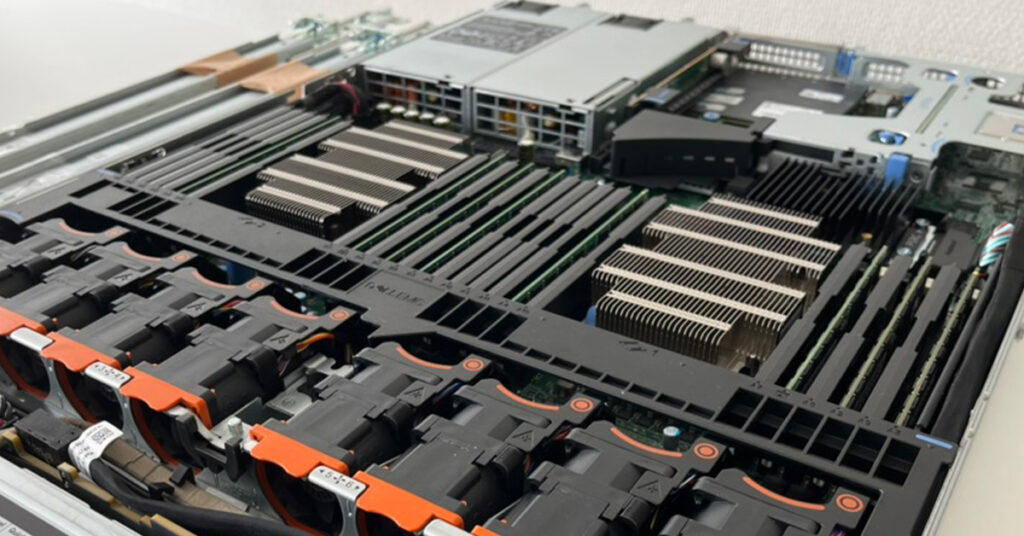Our general tip is to choose AMD EPYC for your dedicated server if the budget allows it and the programs to be run do not specifically require Intel processors.
Choosing between a dedicated server with dual Intel Xeon processors and a server with an AMD EPYC processor means considering performance, number of cores, cache size, and energy efficiency. Dual-configuration Intel Xeon processors offer high clock speeds and reliable performance, suitable for processing-intensive workflows. AMD EPYC processors often have more cores and larger caches, making them better suited for multi-threaded tasks and applications with massive parallelism.
The server's maximum RAM configuration is affected by the processor, and AMD EPYC often supports higher memory capacities for a single CPU. However, dual-CPU systems, such as those with Intel Xeon, often offer similar or sometimes more total RAM in the server, which is an advantage for very memory-intensive environments.
Another important factor is that a system with a single CPU, such as the AMD EPYC, does not need to spend resources communicating with a second processor. This can sometimes result in better performance in specific workloads where inter-processor communication overhead might otherwise limit speed.
Last but not least, AMD EPYC's high energy efficiency contributes to lower operating costs, resulting in a cheaper monthly cost for your dedicated server in relation to processing power and better for the environment.
See our range of dedicated servers with both Intel Xeon and AMD EPYC.
